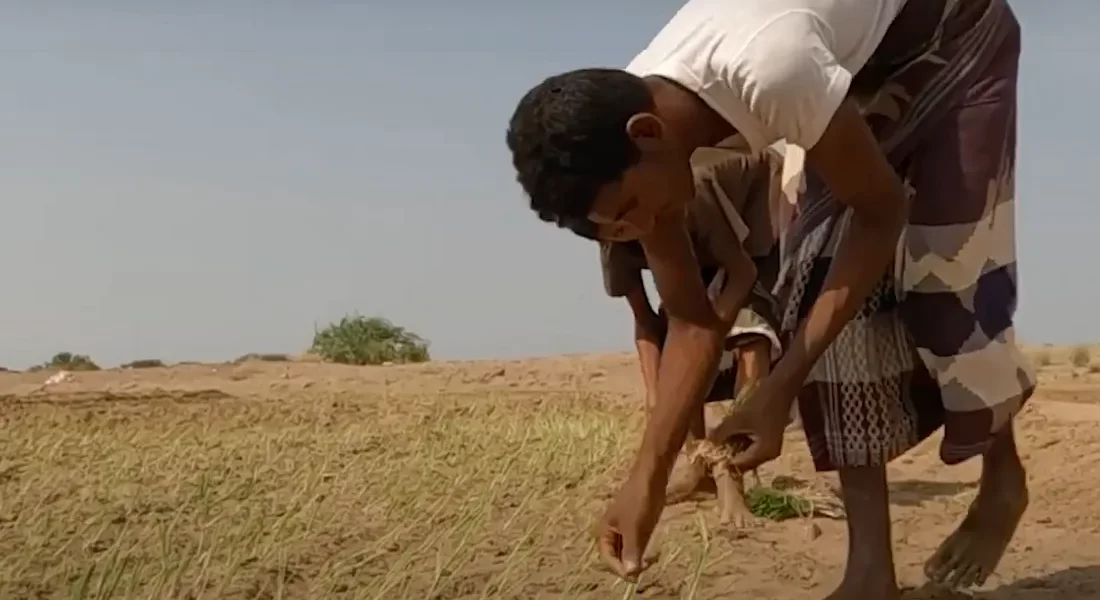On today’s World Food Day, which theme is “Water is life. Water is food. Leave no one behind”, Project Masam wanted to highlight the importance of protecting water to create a more sustainable and food-secure Yemen.
The Arabian Peninsula’s southernmost country has been ravaged by war for the past eight years. While the violence has killed, injured and displaced millions, Yemenis also face the prospect of running out of usable water – today, 17.8 million people already lack access to safe water, the United Nations Office for the Coordination of Humanitarian Affairs (OCHA) said.
Over the years, Project Masam’s deminers have responded to civilian reports of landmines in or near water sources or wells. Some landmine had been deliberately planted in these vital areas, others had been thrown in by locals who had found these on their land and wanted to get rid of them.
Landmines’ immediate and long-term impact
Either way, landmines and other remnants of war in water wells undermine the population’s health by destroying food security as well as access to safe water. They contaminate the environment, disrupt agriculture and displace tens of thousands.
Once a country that was largely agriculture-dependent, war-torn Yemen now faces climate change, contamination and erosion:
- Landmines and explosive items contain a variety of chemical precursors (such as hazardous heavy metals) that can have effects on the immediate terrestrial ecosystem
- Landmines and explosive items planted on farming land means farmers are unable to tend to their land/crops, bringing degradation and accelerating soil erosion
Continuously growing food insecurity
Prior to the conflict, more than 70 per cent of the population relied on income from the agriculture/farming sector. With 257,000 hectares of cropland exhibiting signs of distress, approximately equivalent to the total cropland in Jordan or Lebanon, Yemen’s food insecurity is growing at a rapid pace – bolstered by displacement, moving frontlines and scattered explosive items.
Some 17 million people (60% of the population) are today food insecure in Yemen, according to David Gressly, the United Nations Resident and Humanitarian Coordinator for Yemen. Yemen’s agriculture sector supplies only 15-20% of its staple food needs despite the sector being the lifeblood of the country’s economy.
By removing landmines and other remnants of war from water sources and wells, and roads and tracks leading up to them, Project Masam ensure civilians can regain access to these vital areas and infrastructures, agricultural production is restored and enhanced, and people are fed.
Until landmine planting stops and landmine clearance teams are allowed to carry out their essential work safely across the country, Yemenis will continue to go thirsty and hungry.



